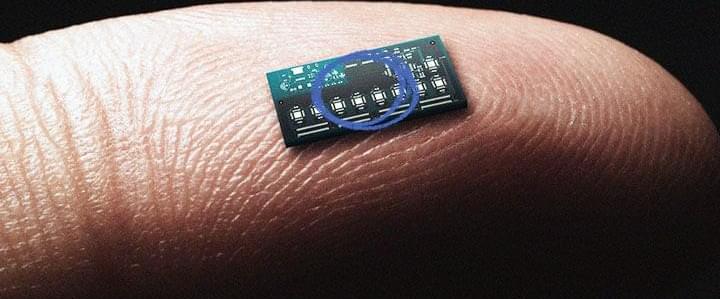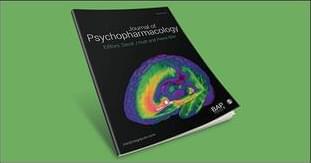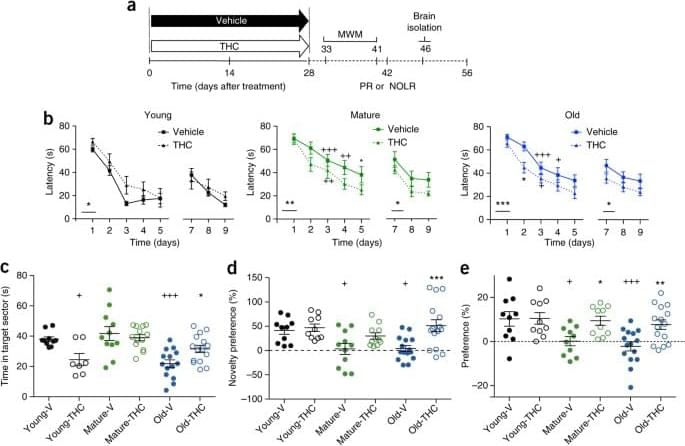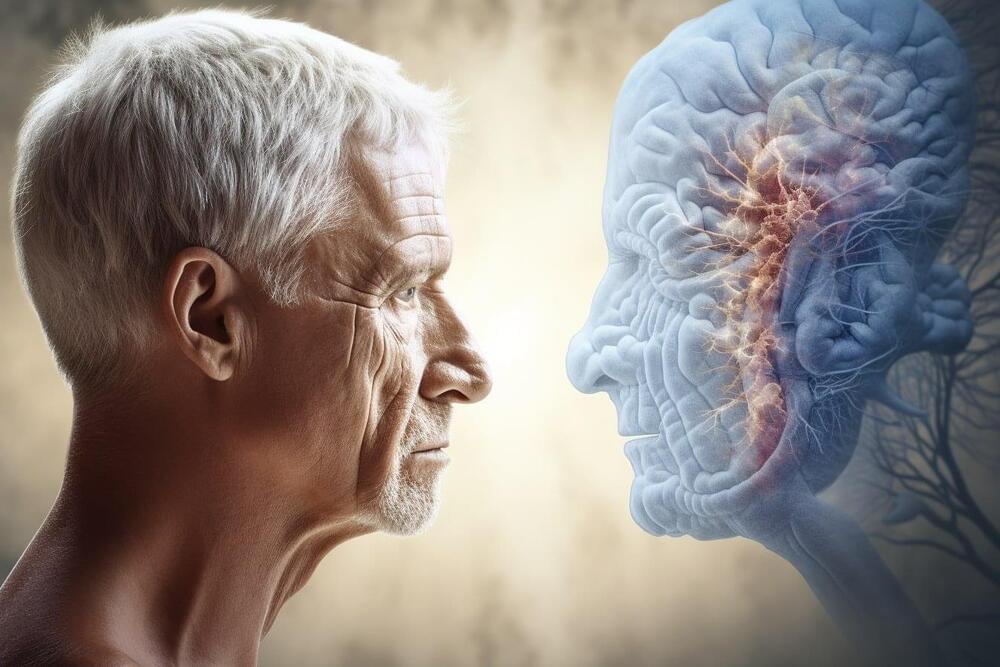Specifically, the researchers examined how THC administered through edibles, a common consumption method, influenced epigenetic changes in crucial areas for fetal development, including the placenta, fetal lung, brain, and heart.
In recent years, the popularity and availability of cannabis has grown significantly, with various consumption methods like edibles gaining traction. However, alongside this trend, there has been a worrisome increase in cannabis use among pregnant women. Unfortunately, our understanding of the detailed effects of using cannabis during pregnancy on the developing child remains limited. Because normal fetal development relies on the crucial process of epigenetic regulation and gene expression modification, it has been suggested that studying the molecular changes linked to cannabis exposure during pregnancy could provide important insights.
To gain a better understanding of the effects of cannabis use during pregnancy, researchers from the Oregon Health & Science University (OHSU) conducted a unique preclinical study that focused on investigating the epigenetic impact of THC, the main active component in cannabis, on fetal development and future health outcomes. The study’s findings were published in the journal Clinical Epigenetics.
With the increasing prevalence of cannabis use, there is a common perception that it is safe. As a result, more pregnant women are turning to cannabis, particularly during the first trimester, to relieve symptoms like morning sickness. However, early pregnancy is a critical time when the developing fetus is most susceptible to environmental factors.








